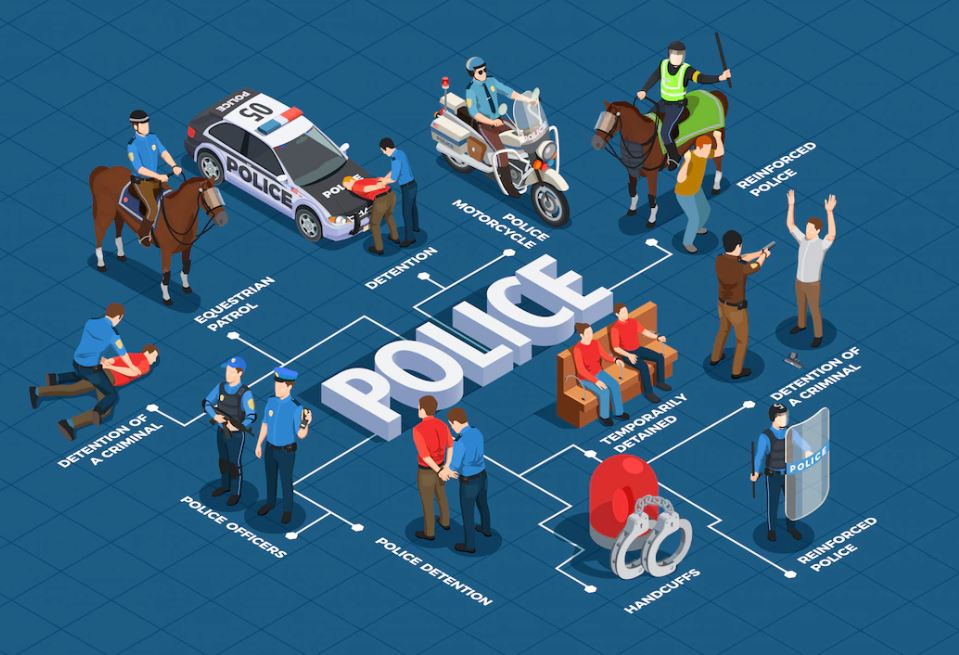It is essential to have access to reliable search engines and databases in the forensic study. Learn more about the impact of search engines and databases on forensic investigations here.
Introduction
Forensic study relies heavily on search engines and databases to conduct investigations. This article will discuss the importance of these tools and how they can be used in forensic investigations.
Search engines are a vital part of forensic investigation. They allow investigators to access relevant information to their cases quickly. This includes documents, images, videos, and other digital evidence. By entering a few keywords into a search engine, investigators can find what they’re looking for.

Databases are also an essential part of any investigation. They contain a vast array of information related to law enforcement and criminal investigations. This information can be used to help investigators solve crimes or identify suspects. By searching this database, investigators can quickly and easily find the necessary information.
Impact of Search Engines and Databases in the Forensic Study
Search engines and databases are essential tools for forensic investigators. They help us to find relevant information quickly and easily, which is critical in our work.
Search engines are precious in criminal investigations because they can provide information about people, places, and things that we wouldn’t be able to find through other means. For example, a search engine might reveal archived versions of web pages that have been deleted or changed. It can also reveal hidden files and directories that would be difficult or impossible to find using other methods.
Databases are also essential for forensic investigators because they can help us to connect the dots between different pieces of evidence. For example, if we know the name of a person who was involved in a crime, we can look up their address in a database to see whether it’s linked with any other crime. We can also use databases to identify individuals who have connections to particular organizations or industries.
How do a detective use Search Engines and Databases?
When it comes to solving crimes, a detective typically relies on search engines and databases to help them find information that might be relevant.

For example, if the detective is investigating a murder, he or she might use search engines to find information about any previous murders that have been committed in the area. He or she might also use databases to look for any unsolved murders that have occurred in the past. This information would then be compared with the information that he or she has gathered about the murder case currently being investigated.
Detectives use search engines to look for information that might be related to the case they’re investigating. This can include anything from criminal records to articles about the suspects or the crime itself. They may also use search engines to look for missing person reports or anything else that might be relevant.
Limitations of Search Engines and Databases in the Forensic Study
There are a few limitations to search engines and databases regarding the forensic study.
First and foremost, search engines are only sometimes reliable when it comes to retrieving information that’s relevant to a case. This is because they use algorithms to determine which websites should be listed as results, which can sometimes result in false positives or negatives. This can lead investigators down the wrong path if the information they’re looking for appears on a search engine or database.
Additionally, databases can also be unreliable when it comes to forensic investigations. This is because they’re designed for general research purposes rather than specifically for forensic investigations. This means that the information contained within them may not be up-to-date or accurate – making it difficult to find the relevant information you’re looking for.
However, search engines and databases are still special tools when used together with other investigative resources like interviews and eyewitness accounts. These tools can help investigators piece together the necessary components of evidence to support their case.
In conclusion, search engines and databases are essential tools for forensic investigators, but they have limitations. While they can help narrow the search for relevant information, they must fully replace human judgment. Ultimately, it is up to the investigator to use judgment when evaluating evidence and making assumptions based on that evidence.

